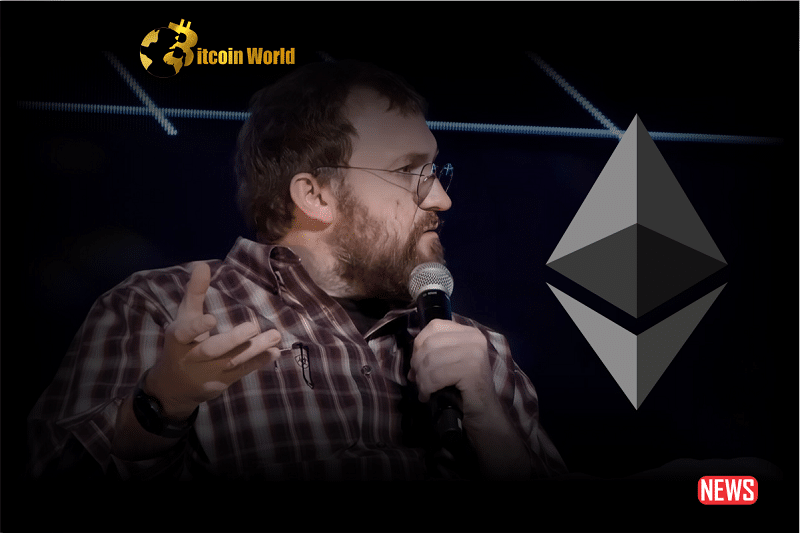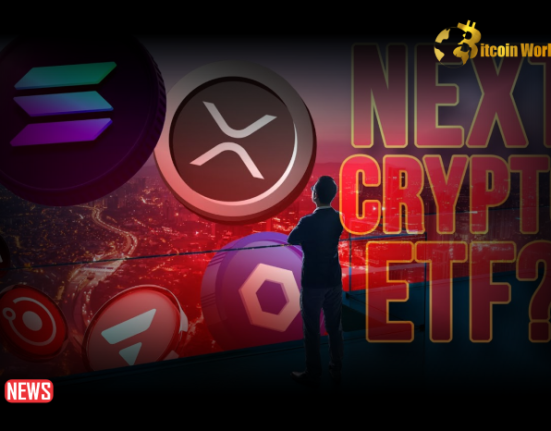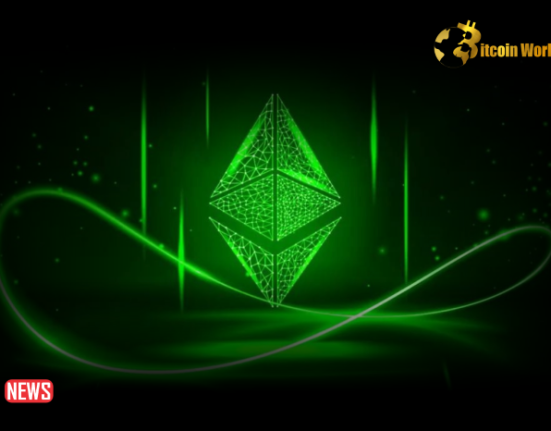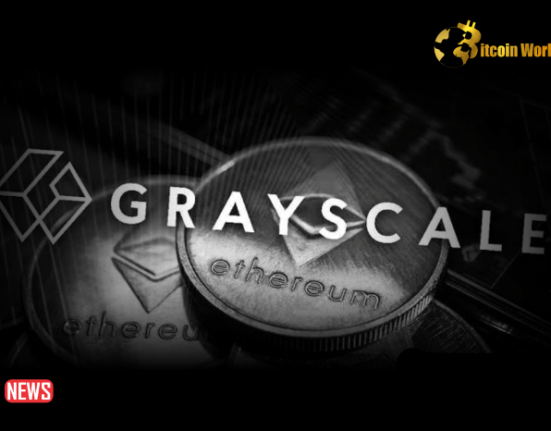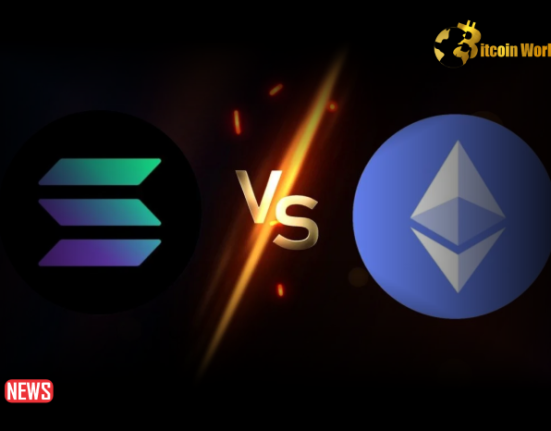The rivalry between Cardano and Ethereum continues to captivate enthusiasts and industry observers alike. At the forefront of this rivalry stands Charles Hoskinson, the charismatic founder of Cardano, who frequently seizes the spotlight to accentuate his platform’s perceived advantages over its more established counterpart, Ethereum.
Hoskinson’s recent salvo aimed at Ethereum centers around a host of pivotal aspects, including network fees, security protocols, smart contracts, and the intricate processes of staking. As these factors have come to represent the backbone of blockchain ecosystems, they’ve naturally become points of spirited contention, with Hoskinson zealously championing Cardano’s supremacy.
In the latest chapter of this saga, Hoskinson took aim at Ethereum’s staking mechanism, further stoking the flames of rivalry. The charismatic founder, known for his outspoken demeanor, minced no words in critiquing Ethereum’s approach to staking. This move comes on the heels of Hoskinson’s persistent efforts to highlight what he perceives as vulnerabilities within Ethereum’s infrastructure.
Hoskinson’s commentary gained momentum following a podcast featuring Justin Drake, an Ethereum Developer, who aired his reservations about the network’s staking process. Drake, in a provocative metaphor, likened the intricacies of Ethereum’s staking mechanism to the opaque process of sausage-making. This metaphor swiftly reverberated through the corridors of Crypto Twitter, igniting discussions about Ethereum’s staking protocol and raising concerns about its perceived opacity.
Remarkably, Drake’s sentiments find an unlikely ally in Ethereum’s very own co-founder, Vitalik Buterin. Buterin, echoing Drake’s sentiment, has notably refrained from staking his tokens, citing security considerations and the specter of potential conflicts of interest.
However, the plot thickened as Charles Hoskinson inserted himself into the conversation, accentuating his commentary with a touch of triumphant retrospect. The Cardano luminary reminded the community of instances when Ethereum developers previously dismissed Cardano’s staking infrastructure. With an air of “I told you so,” Hoskinson’s comments were emblematic of the sustained rivalry between the two blockchain networks.
Hoskinson’s inclination to criticize Ethereum’s methodologies is no novel development. In the past, he has drawn imaginative comparisons, likening Ethereum’s staking model to unconventional entities, ranging from a humble dumpster to the iconic rock anthem “Hotel California.”
The repercussions of Hoskinson’s comments ripple beyond mere social media sparring. They serve to intensify the rivalry that pervades the Ethereum and Cardano communities, while also spotlighting deeper issues within Ethereum’s operational framework. This exchange of verbal volleys signifies not just a tiff between two prominent crypto figures, but an exploration of the intricacies underpinning the two platforms, as they vie for supremacy in an industry that evolves by the minute.

